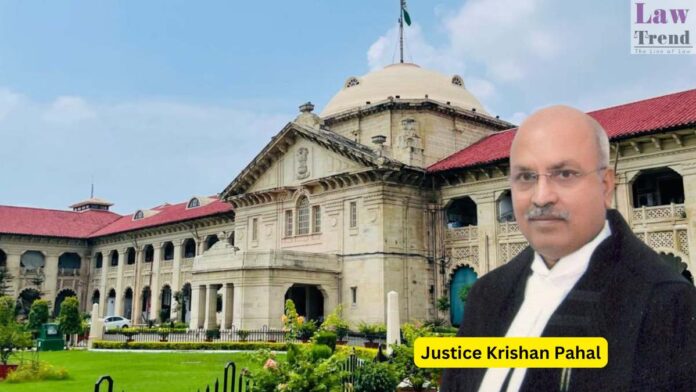In a significant judgment reinforcing the constitutional right to a speedy trial, the Allahabad High Court, led by Justice Krishan Pahal, granted bail to Sarvajeet Singh, who had been languishing in custody for over seven years due to inordinate delays in his trial. The court observed that such prolonged incarceration without progress in trial constituted
To Read More Please Subscribe to VIP Membership for Unlimited Access to All the Articles, Download Available Copies of Judgments/Order, Acess to Central/State Bare Acts, Advertisement Free Content, Access to More than 4000 Legal Drafts( Readymade Editable Formats of Suits, Petitions, Writs, Legal Notices, Divorce Petitions, 138 Notices, Bail Applications etc.) in Hindi and English.




